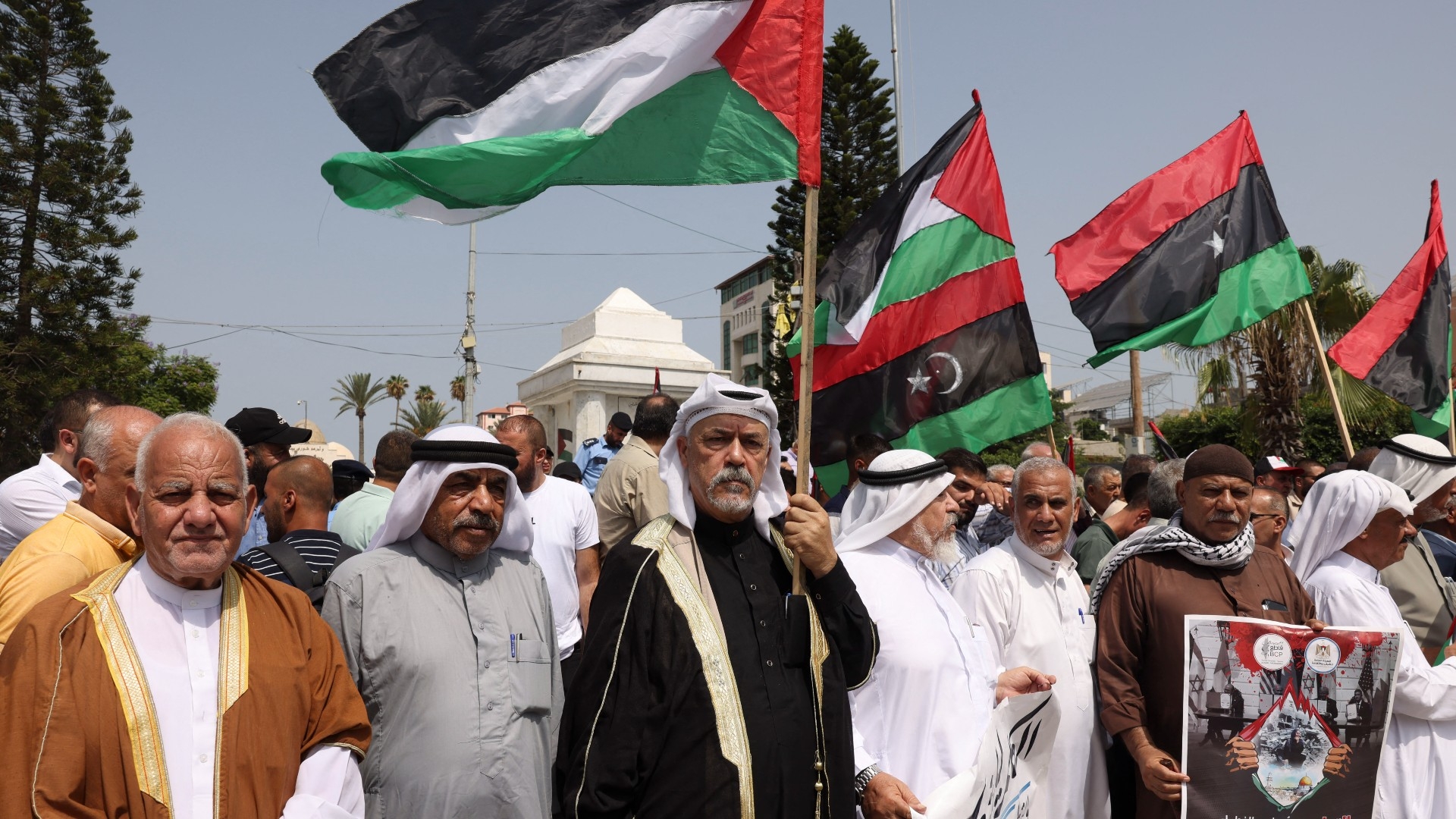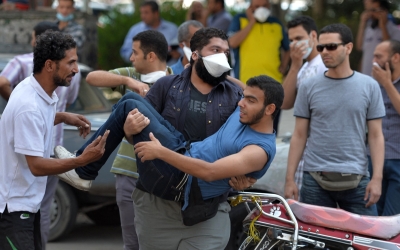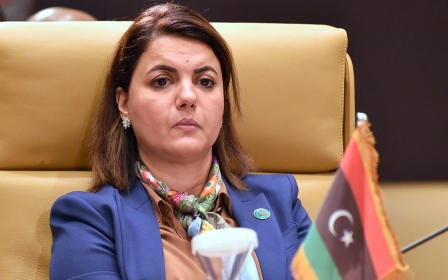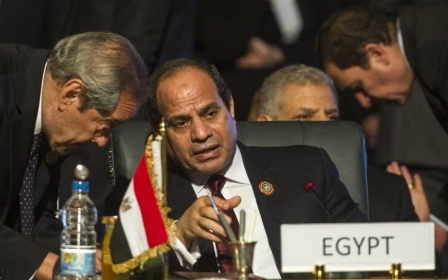Arabic press review: Libyan local officials reject Israel normalisation

Libyan municipalities reject Israel normalisation
Local government officials across Libya have affirmed their rejection of normalisation, following a controversial meeting held between the Libyan foreign minister and her Israeli counterpart.
The municipal officials issued a video statement, stating: "We adhere to our national principles and reject any kind of normalisation with the criminal Zionist entity", according to a report published in the London-based Al-Quds Al-Arabi newspaper on Thursday.
They also expressed "full solidarity with the Palestinian people and support for their just cause".
The municipalities' move followed angry reactions against the meeting of Libyan Foreign Minister Najla Mangoush with her Israeli counterpart, Eli Cohen, in Rome two weeks ago. The meeting between the ministers was a first for the two countries.
New MEE newsletter: Jerusalem Dispatch
Sign up to get the latest insights and analysis on Israel-Palestine, alongside Turkey Unpacked and other MEE newsletters
Libya and Israel have no official ties, and the meeting sparked protests in Tripoli and other cities in the country. Protesters were seen waving Palestinian flags and blocking roads.
Prime Minister Abdel Hamid Dabaiba dismissed Mangoush from her post earlier this week, days after she was suspended and fled the country to Turkey.
A law dating back to 1957 prohibits Libyans from concluding agreements of any kind with bodies or individuals based in Israel, or working with people on Israel's behalf.
Egypt arrests activists and their relatives
Egyptian authorities have detained politicians, journalists, activists and relatives of opponents as part of a mass arrest campaign launched in recent days, according to a report published by the London-based Al-Araby Al-Jadeed newspaper.
The campaign coincides with the continuation of the government's "national dialogue" political initiative, and preparations for presidential elections scheduled to take place next year.
Among those targeted were writer and publisher Hisham Qassem and journalist Karim Asaad.
Alaa El-Din Al-Adly, the father of German political activist Fajr Al-Adly, and Gamal Ziadeh, the father of Belgium-based dissident journalist Ahmed Ziadeh, were also arrested.
There are an estimated 65,000 political detainees in Egyptian prisons, arrested for their opposition to President Abdel Fattah el-Sisi's government, according to Egyptian rights groups.
The Egyptian Front for Human Rights said that during the first half of this year, 19,718 decisions to renew pre-trial detention were considered, as part of 1,661 state security cases. It added that in the vast majority of those cases, pre-trial detention was renewed.
Saudi Arabia gives food aid to Syrians in Jordan
Saudi Arabia has agreed a package with the United Nations World Food Programme to meet the food needs of Syrian refugees in Jordan, according to a report published by the Al-Khaleej Online website.
The King Salman Humanitarian Aid and Relief Centre said that the $6.8m agreement aims to meet the food needs of 54,000 Syrian refugees living in neighbouring Jordan.
The effort forms part of wider relief and humanitarian projects implemented by Saudi Arabia to support Syrian refugees and improve their living conditions in various locations around the world, the report added.
In March last year, the World Food Programme concluded a three-month food aid project provided to 53,110 Syrian refugees in Jordanian camps, following a donation from the King Salman Centre worth $6m.
About 1.3 million Syrians live in Jordan, half of whom hold refugee status, while the rest entered before Syria's civil war kicked off in 2011, according to official UN and Jordanian data.
*The Arabic press review is a digest of news reports not independently verified as accurate by Middle East Eye
Middle East Eye delivers independent and unrivalled coverage and analysis of the Middle East, North Africa and beyond. To learn more about republishing this content and the associated fees, please fill out this form. More about MEE can be found here.





